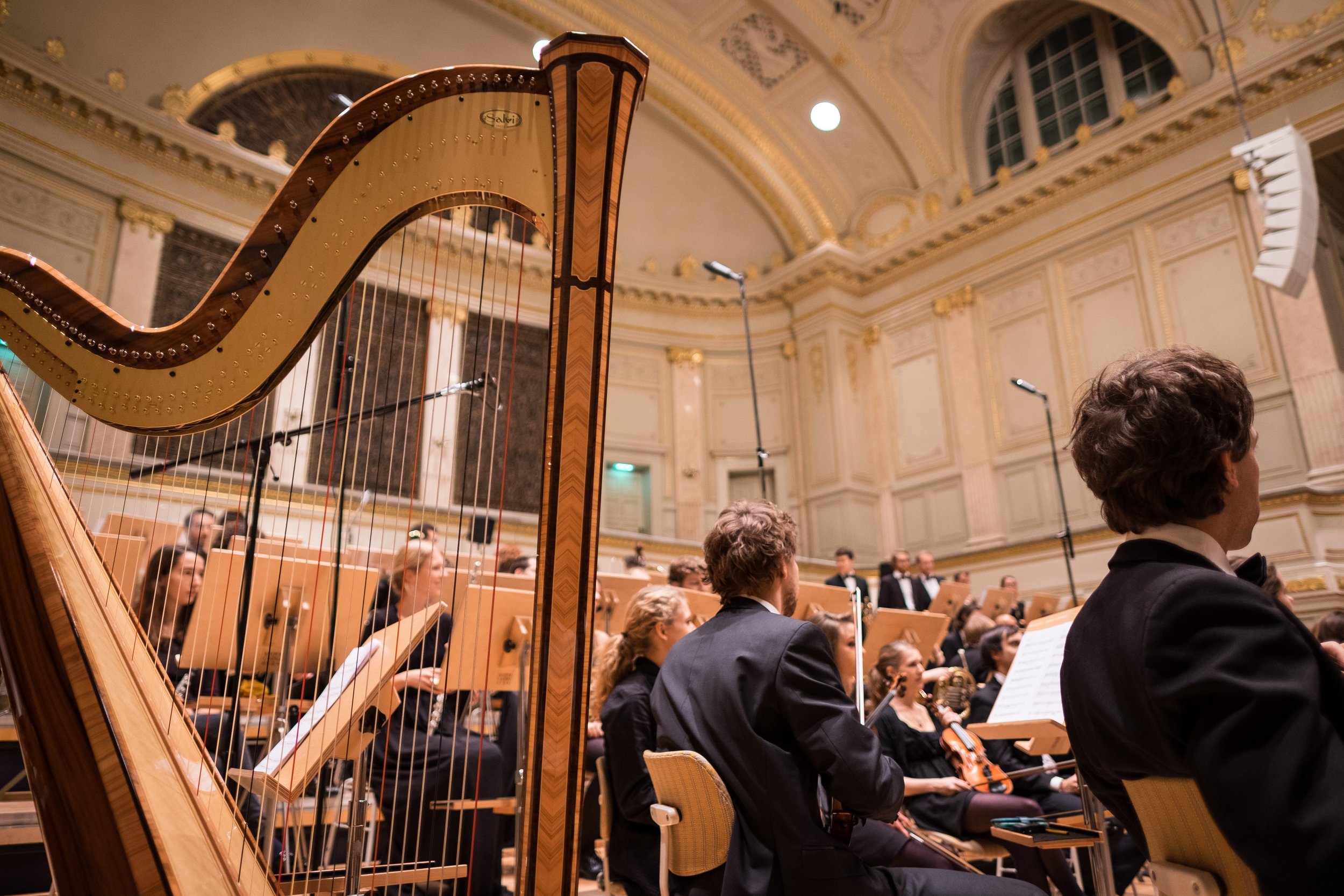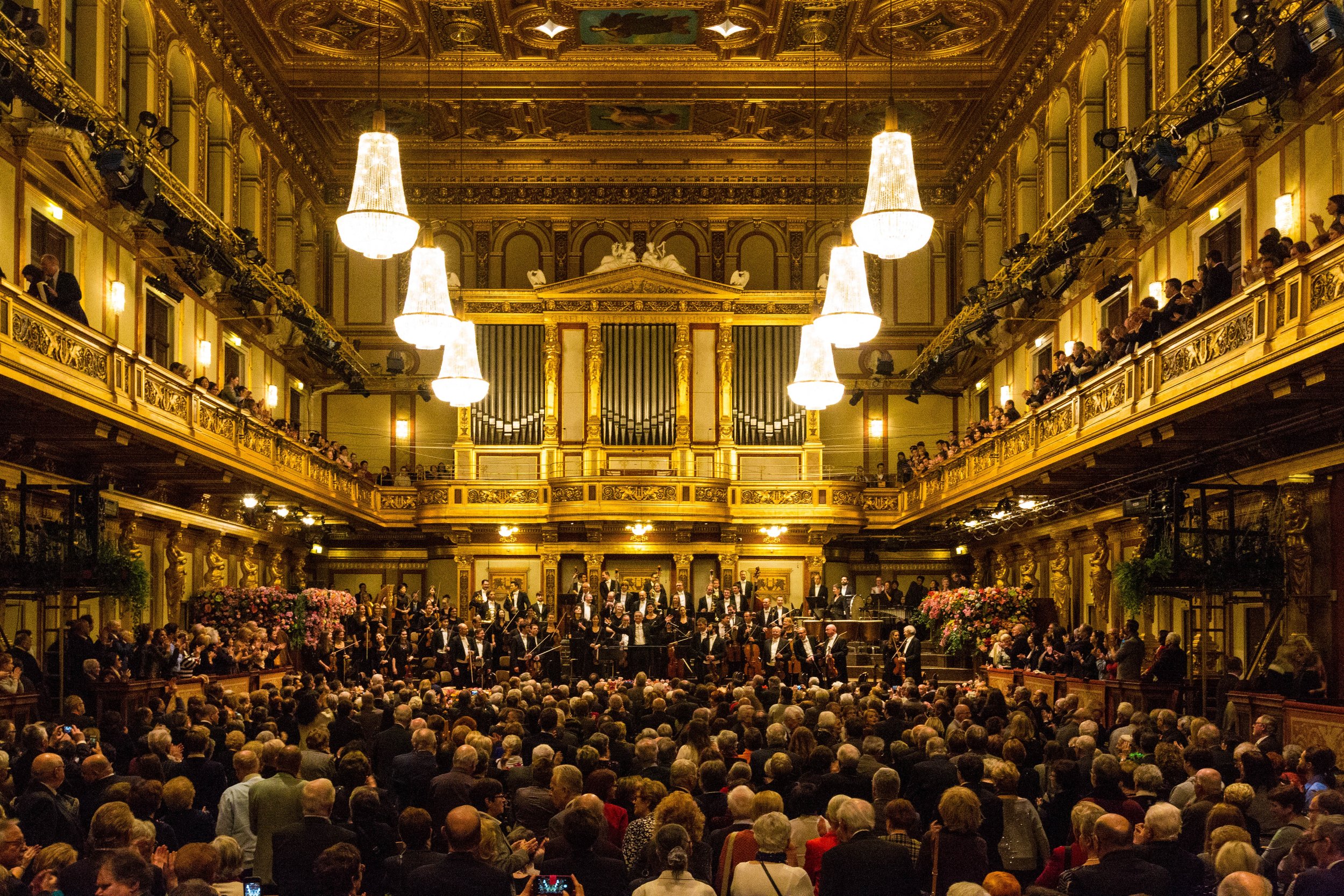
Our Teaching Philosophy
Music is the best gift that you can ever give to your children. It not only brings your child a lifetime of joy and fulfilment, but also inspires and moves people. In fact, it is rare to find another activity that could achieve the same outcome.
We have had many transfer students who came to us to continue their music study. We found that most of them only read the notes and rely heavily on memory when playing music. They are not able to play music freely and musically. Therefore, their musicality is restricted.
To solve this problem, we believe students should learn to connect musical elements in early stages of music study. More importantly, students should learn to experience music through different senses. It will help students think critically in music. In this way, students will be able to explore the world of music independently in the future.
We also notice that students who are driven by extrinsic values often have a negative mindset for learning. Extrinsic values create immediate but short-lived results. Learning music is a long journey. A considerable amount of efforts, resources and time is required before music can truly flourish. We believe that those who enjoy music for life can only be driven by intrinsic values.
We aim to help students build a solid foundation of music which is driven by intrinsic values. This holistic approach of learning will help students learn music in a sustainable way. In this way, students will be motivated throughout their musical journey.
While music exams have become a tradition of piano lessons, we believe that students should only sit for music exams when they truly have the ability to do so. Being able to pass an exam does not necessarily guarantee that their musical skills are properly developed. We consider music exams as a natural step along the way of their musical journey. In this way, students will truly unleash their potentials.
We encourage parents to be visionary and confident in achieving a greater result in the long run.
We illustrate how our program performs when compared with other music programs that focus on only using only one sense (visual). We quantify the level of proficiency in music performance on a scale from 0 to 1000, where 1000 is the most proficient and 0 is the least proficient.
Elementary Level:
Our program: We focus on creating opportunities for students to experience music with different senses. We ensure that students will have the time needed to understand and explore different aspects of music. They will be aware that every aspect of music is equally important. This approach paves the way for building a solid foundation in the future.
Other music programs: They focus on creating immediate results by mostly teaching students to read and play the notes. Although students are able to learn new music every week, they are not aware of the existence and importance of other musical elements.
Intermediate Level:
Our program: By introducing different aspects of music in early stages, students are able to recognise certain music patterns with different senses now. It reinforces their understanding of music and therefore creates a learning experience based on positive values.
Other music programs: Students have a reasonably level of reading ability. They learn music by reading the notes first and then mostly rely on muscle memory. Students are able to play the pieces but fail to understand music as a language.
Advanced Level:
Our program: Students are now able to see the connections between different musical elements. As a result, they recognise the similarities between different music pieces. It allows students to learn music collectively and musically in a much more efficient way.
Other music programs: As the music pieces become more complex, memory has become a limiting factor. They will find it difficult to rely solely on memory to play all music pieces proficiently. In order to learn new music pieces, they have to spend a lot of time to practise mechanically. It often leads to an unmusical result and learning experience. However, they do not have other musical knowledge to solve the problem. As a result, they experience a diminishing learning curve.
Lifelong Learning:
Our program: It becomes easier every time for students to draw connections and similarities between different music pieces with different senses. Because of this, they are able to learn music pieces much faster than others in a musical way. It encourages students to develop a lifelong appreciation for music.
Other music programs: Students cannot truly understand the language of music. They will have to put a considerable amount of time and efforts to learn a new piece every time. Therefore, they are discouraged from learning, performing and enjoying music freely.

“The difference between just sound and music is that when you make music, everything has to be integrated.”
— Conductor and pianist Daniel Barenboim